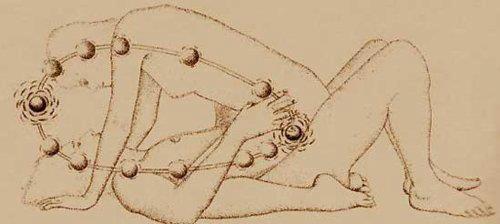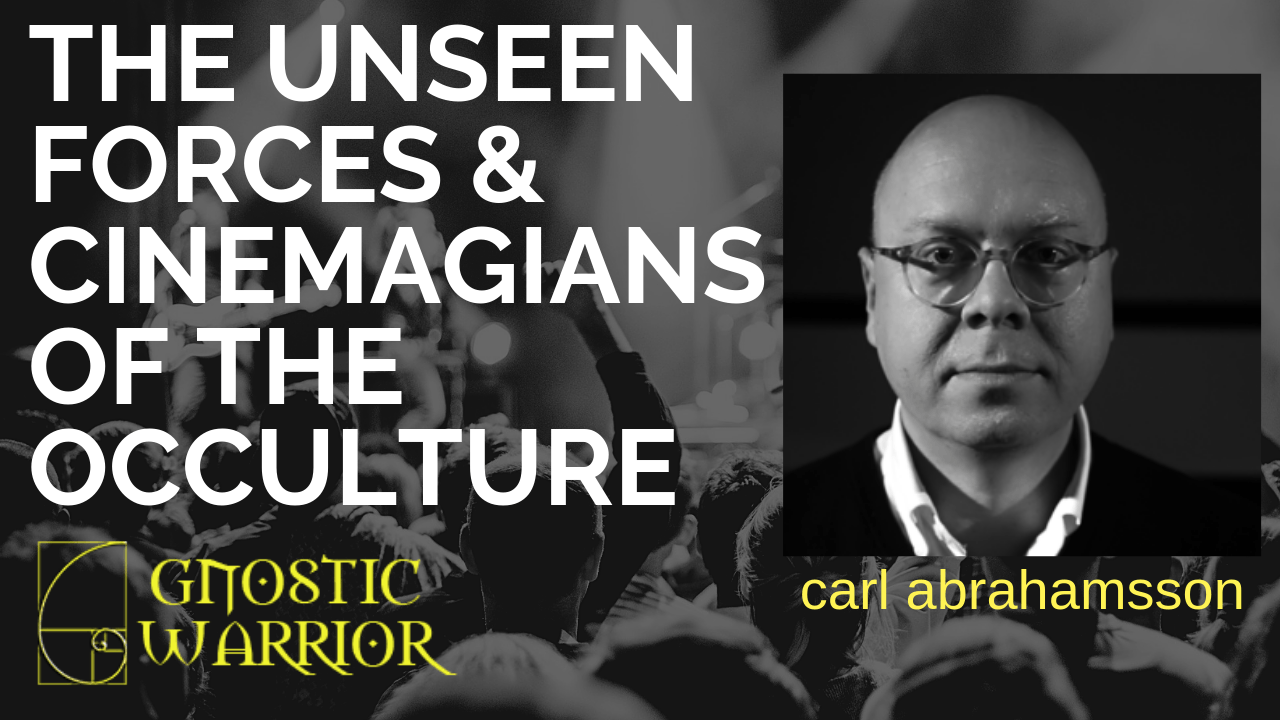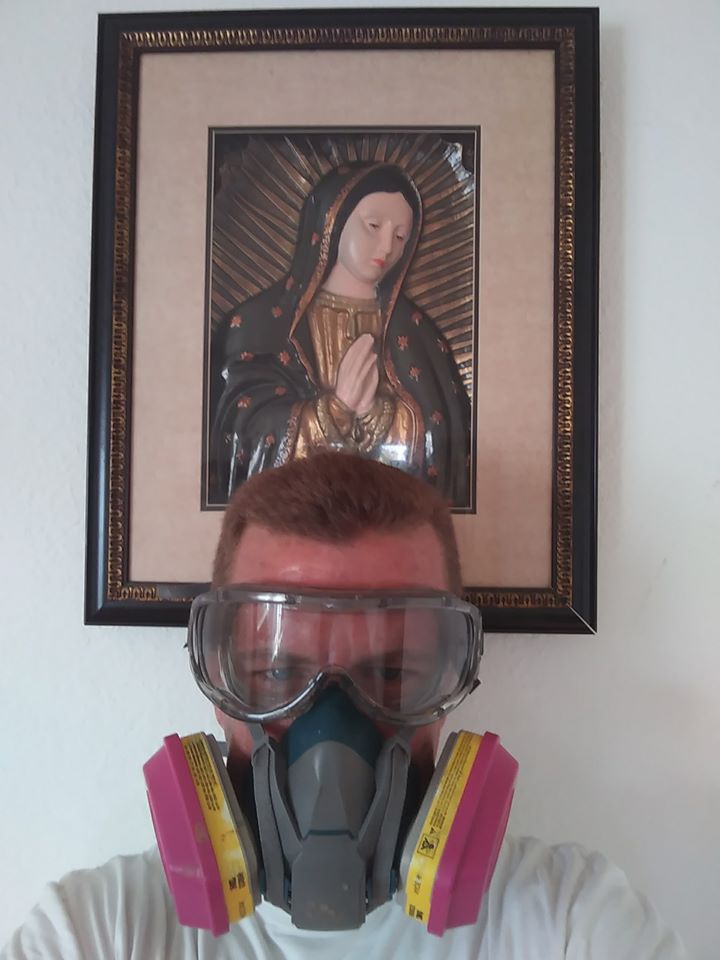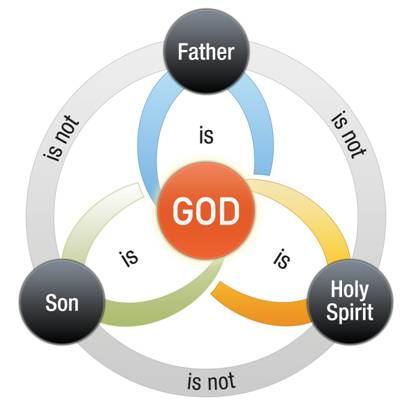“Third Theory. — The whole is the result of conscious or unconscious cerebral action.
“Fourth Theory. — The result of the spirit of the medium, perhaps in association with the spirits of some or all of the people present.
“Fifth Theory. — The actions of evil spirits, or devils, personifying whom or what they please, in order to undermine Christianity, and ruin men’s souls. (Theory of our theologians.) ”
Sixth Theory. — The actions of a separate order of beings living on this earth, but invisible and immaterial to us. Able, however, occasionally to manifest their presence, known in almost all countries and ages as demons (not necessarily bad), gnomes, fairies, kobolds, elves, goblins, Puck, etc. (One of the claims of the kabalists.) ”
Seventh Theory. — The actions of departed human beings. (The spiritual theory par excellence.)
“Eighth Theory. — (The psychic force) . . . an adjunct to the fourth, fifth, sixth, and seventh theories.”
The first of these theories having been proved valid only in exceptional, though unfortunately still too frequent cases, must be ruled out as having no material bearing upon the phenomena themselves. Theories the second and the third are the last crumbling entrenchments of the guerilla of skeptics and materialists, and remain, as lawyers say, “Adhuc sub judice lis est.” Thus, we can deal in this work but with the four remaining ones, the last, eighth, theory being according to Mr. Crookes’s opinion, but “a necessary adjunct” of the others.
How subject even a scientific opinion is to error, we may see, if we only compare the several articles on spiritual phenomena from the able
Page 48
pen of that gentleman, which appeared from 1870 to 1875. In one of the first we read: . . . “the increased employment of scientific methods will promote exact observations and greater love of truths among inquirers, and will produce a race of observers who will drive the worthless residuum of spiritualism hence into the unknown limbo of magic and necromancy.” And in 1875, we read, over his own signature, minute and most interesting descriptions of the materialized spirit — Katie King!
It is hardly possible to suppose that Mr. Crookes could be under electro-biological influence or hallucination for two or three consecutive years. The “spirit” appeared in his own house, in his library, under the most crucial tests, and was seen, felt, and heard by hundreds of persons.
But Mr. Crookes denies that he ever took Katie King for a disembodied spirit. What was it then? If it was not Miss Florence Cook, and his word is our sufficient guarantee for it — then it was either the spirit of one who had lived on earth, or one of those that come directly under the sixth theory of the eight the eminent scientist offers to the public choice. It must have been one of the classes named: Fairies, Kobolds, Gnomes, Elves, Goblins, or a Puck.
Yes; Katie King must have been a fairy — a Titania. For to a fairy only could be applied with propriety the following poetic effusion which Mr. Crookes quotes in describing this wonderful spirit:
“Round her she made an atmosphere of life;
The very air seemed lighter from her eyes;
They were so soft and beautiful and rifeWith all we can imagine of the skies;
Her overpowering presence makes you feel
It would not be idolatry to kneel!”
And thus, after having written, in 1870, his severe sentence against spiritualism and magic; after saying that even at that moment he believed “the whole affair a superstition, or, at least, an unexplained trick — a delusion of the senses;” Mr. Crookes, in 1875, closes his letter with the following memorable words: — “To imagine, I say, the Katie King of the last three years to be the result of imposture does more violence to one’s reason and common sense than to believe her to be what she herself affirms.” This last remark, moreover, conclusively proves that:
Page 49
Notwithstanding Mr. Crookes’s full convictions that the somebody calling herself Katie King was neither the medium nor some confederate, but on the contrary an unknown force in nature, which — like love — “laughs at locksmiths”; 2. That that hitherto unrecognized form of Force, albeit it had become with him “not a matter of opinion, but of absolute knowledge,” — the eminent investigator still did not abandon to the last his skeptical attitude toward the question. In short, he firmly believes in the phenomenon, but cannot accept the idea of its being the human spirit of a departed somebody.

Moe is the founder of GnosticWarrior.com. He is a father, husband, author, martial arts black belt, and an expert in Gnosticism, the occult, and esotericism.






